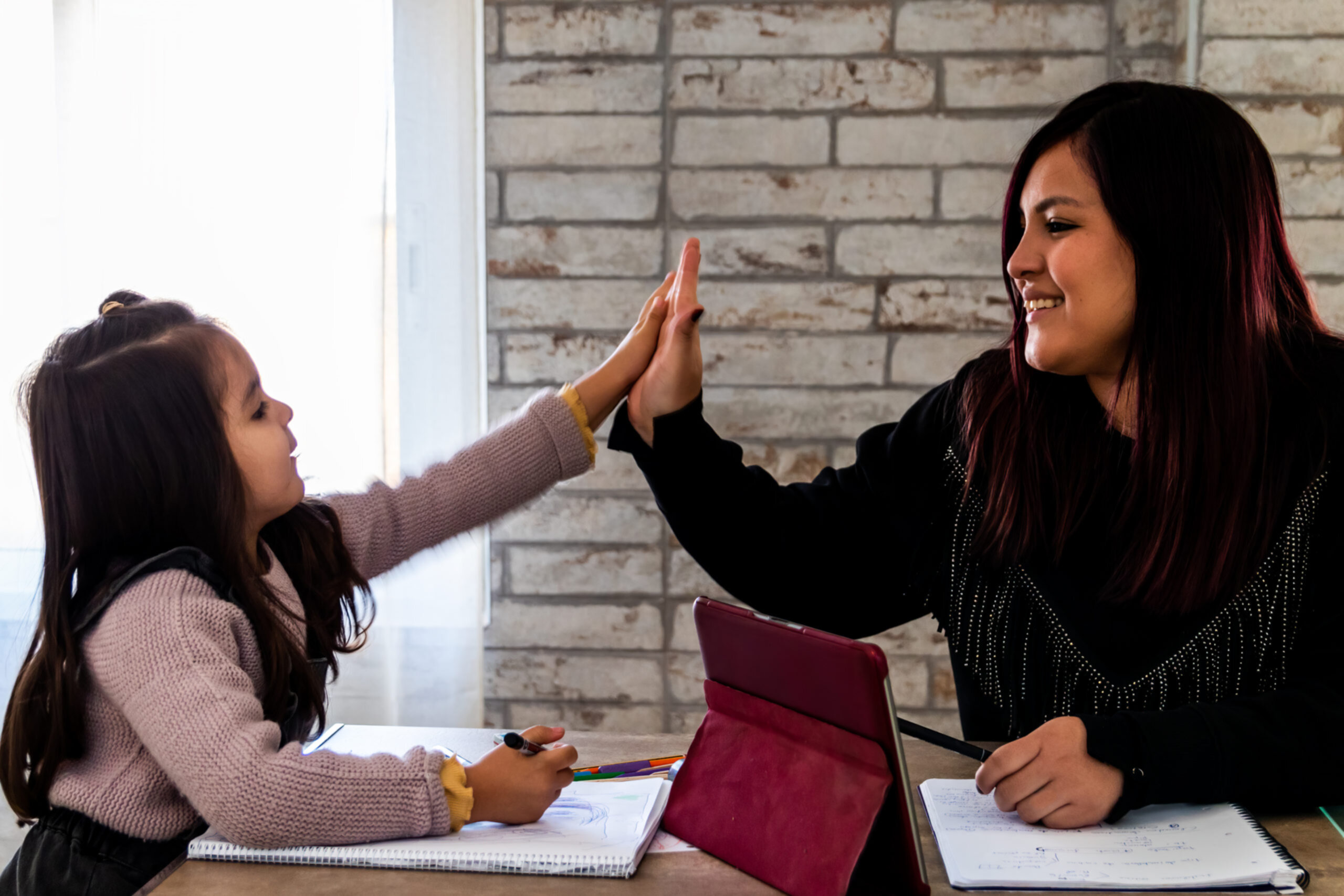The lines are getting longer at public libraries across the country as parents and their children queue up for Story Time. According to a report in the New York Times, “Story time is drawing capacity crowds at public libraries across New York and across the country at a time when, more than ever, educators are emphasizing the importance of early … Read More
Biliteracy Seals and Dual Language Embraced by Schools
Offering recognition for bilingual fluency is growing throughout the country. More states and school districts are helping to promote bilingualism by recognizing high school graduates who are fluent in languages other than English. According to a report in EdWeek, “Thirteen states now offer a ‘seal of biliteracy,’ and at least 10 more are working toward implementing a similar award.” California … Read More
A New Framework for Hispanic Parent Programs
A New Framework for Hispanic Parent Programs Now that Parent Involvement is such a strong national focus, it is important to provide teachers with a whole new framework for Hispanic Parent Programs, if we want parents and kids to become life long readers. Harris County Department of Education formed the Cooperative for After-School Enrichment, or CASE, in 1999 to mobilize … Read More
What is Cultural Competence in the Classroom?
As defined by the National Education Association, cultural competence is “the ability to successfully teach students who come from a culture or cultures other than our own. It entails developing certain personal and interpersonal awareness and sensitivities, understanding certain bodies of cultural knowledge, and mastering a set of skills that, taken together, underlie effective cross-cultural teaching and culturally responsive teaching.” … Read More
Learning a Second Language
Learning a second language is referred to as Second Language Acquisition, and is a major undertaking in any language. How long it takes to acquire a second language will also vary from person to person, based on a variety of reasons. Kids at schools across America are learning English at faster rates than their non-English speaking parents and some kids … Read More
The White House Selects The Latino Family Literacy Project™ for Bright Spot in Hispanic Education
The White House announced on September 15, 2015, that The Latino Family Literacy Project™ is one of the Bright Spots in Excellence for Hispanic Education. The Project was selected because it offers a culturally relevant and bilingual approach to parent involvement for English-language learners, and promotes early learning, English-language development, home family reading routines, and college awareness. “There has been … Read More
Middle / High Parent Involvement for College Awareness
There are many ways for parents to be involved with kids in Preschool and Elementary grades, but what about when kids are in middle school and high school at the very time in their lives when their developmental age is naturally pushing their parents away? In the middle and high school years, students may be seeking more autonomy from their … Read More
The Power of Parent Involvement
We review research on parent involvement on an ongoing basis. In reviewing the research, major educational studies, and overviews of the evidence, it is clear that parent involvement works and is a powerful determinant in whether or not a child succeeds in school. The overwhelming research also concludes that the collaboration between parents and schools is the way to academic … Read More
A New Book Collection that Addresses the Word Gap and the Praise Gap
In 1995, researchers Betty Hart and Todd R. Risley published a groundbreaking study that found that there is a 30-million word gap between children from low-income families and children from higher-income families. They called it “the early catastrophe.” This immense word gap sets the stage for everything that would come later in a child’s life. They discovered this by conducting … Read More
Family Phonics™: A New ELL Parent Engagement Tool
Family Phonics™ is a new program and tool for engaging English-language learner (ELL) parents helps schools provide a fun and effective approach for Parent Engagement with the parents of English Learners. Family Phonics™ is our newest program that helps ESL teachers who work with Spanish speaking parents so that parents can learn basic phonemic awareness, in order to help their … Read More

